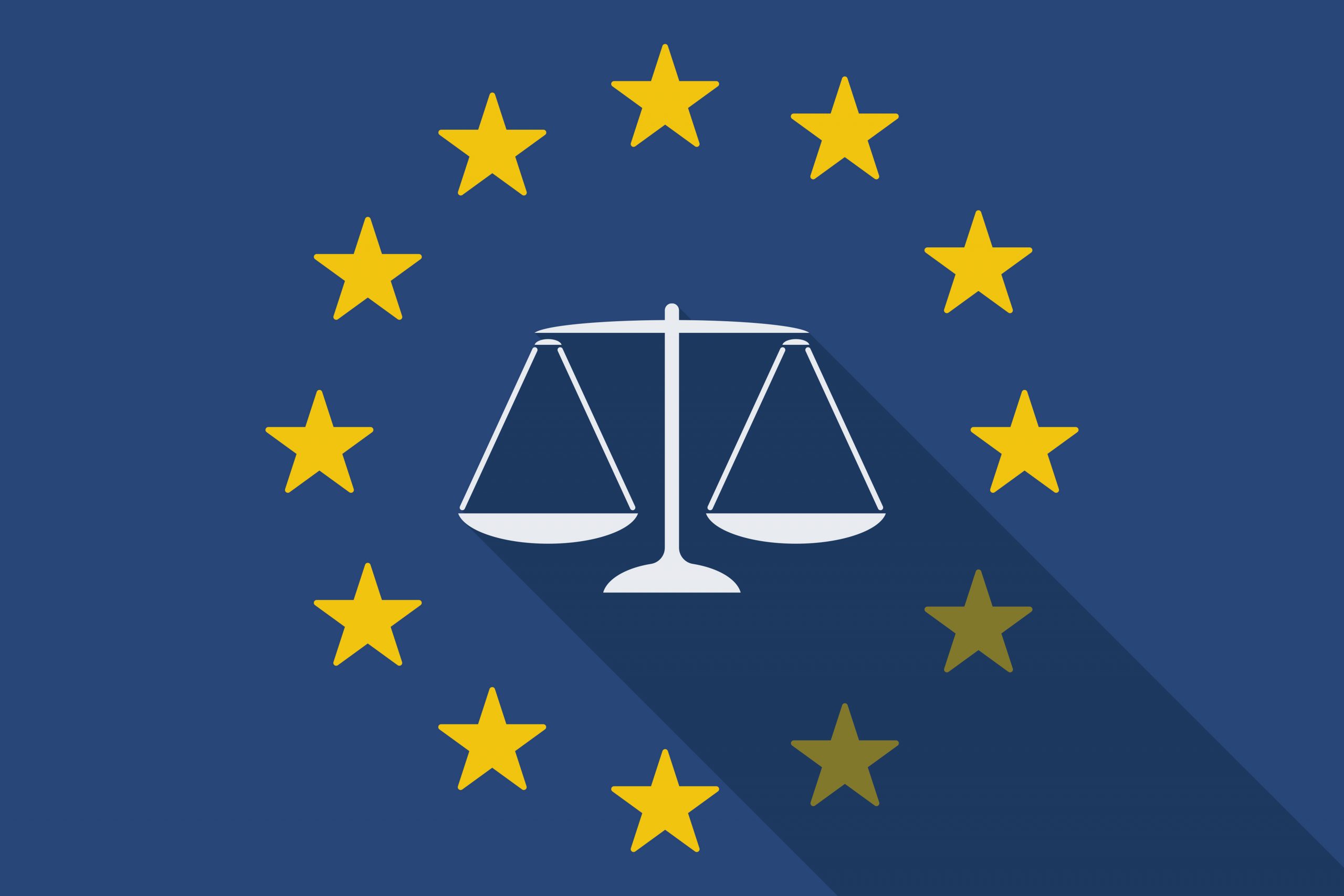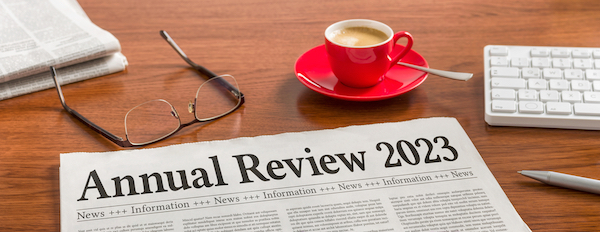IP Hot Topic: Update on USPTO Guidance for AI Subject Matter Eligibility | Sterne, Kessler, Goldstein & Fox P.L.L.C.
On July 16, 2024, the United States Patent and Trademark Office (USPTO) released updated guidance on patent subject matter eligibility, focusing on artificial intelligence (AI). This update, effective from July 17, 2024, is designed to help USPTO staff and stakeholders assess the eligibility of AI inventions under 35 U.S.C. § 101.
The guidance update builds on the 2019 Revised Patent Subject Matter Eligibility Guidance and the October 2019 Patent Eligibility Guidance Update. The guidance update provides further clarity and consistency to how the USPTO evaluates subject matter eligibility of claims in patent applications and patents involving inventions related to AI technology. Notably, it addresses feedback from stakeholders and provides further explanation on Step 2A of the USPTO’s subject matter eligibility analysis, which asks whether a claim is directed to a judicial exception that the courts have found to be outside of, or exceptions to, the four statutory categories of invention.
The guidance update also includes three new examples illustrating how to apply this guidance to hypothetical claims in certain AI related situations to address particular inquiries, such as whether a claim recites an abstract idea or whether a claim integrates the abstract idea into a practical application. These examples aim to help USPTO personnel and stakeholders in applying the USPTO’s subject matter eligibility guidance to AI inventions during patent examination, appeal, and post-grant proceedings.
Practical Implications:
The guidance does not alter the existing subject matter eligibility analysis framework but provides further clarity and consistency to how the USPTO and applicants should evaluate subject matter eligibility of claims in patent applications and patents involving inventions related to AI technology. It reassures stakeholders that AI inventions may be patented but emphasizes that they should be evaluated carefully to avoid being dismissed as directed to a judicial exception under Step 2A of the USPTO’s subject matter eligibility analysis.
Companies should be aware that while the USPTO recognizes the significance of AI technology and that AI inventions may be patented, the subject matter eligibility analysis framework for evaluating AI technology will continue to evolve both at the USPTO and in the courts.






